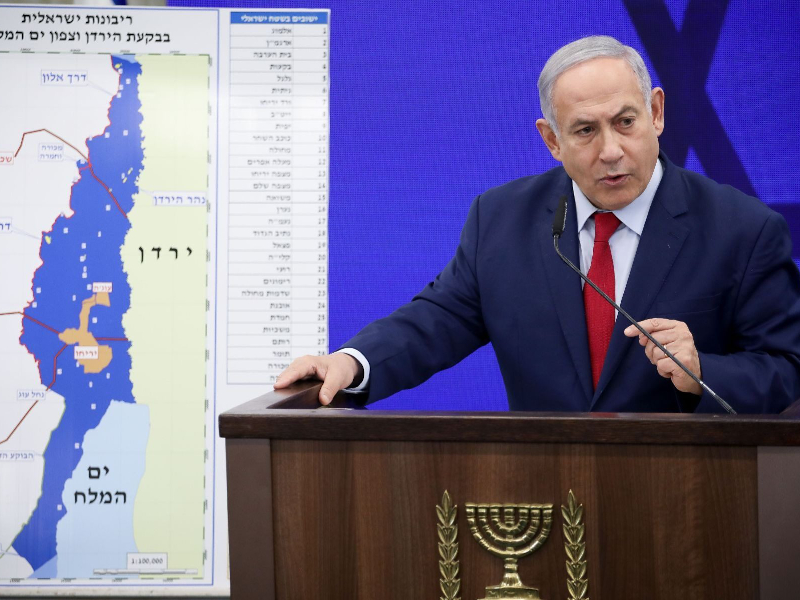“This isn’t the first time Israeli society has been so divided. Remember the split in the kibbutz movement? The Altalena Affair?” bemoaned a neighbour.
If late Israeli prime minister Menachem Begin, leader of the Etzel paramilitary organization and the legendary leader of the Likud party, were to hear that comparison, he would be rolling over in his grave, because there is a significant difference between the dramatic upheavals Israel experienced in the 1940s and ‘50s and the actions of Prime Minister Benjamin Netanyahu as 2019 draws to a close.
In June 1948, when the Altalena reached the shores of Israel loaded with weapons intended for Etzel, it was Begin who demonstrated historic leadership and halted the emerging armed conflict between Etzel and the newly formed Israeli army. He ordered Etzel members to put down their weapons, understanding the critical importance of that moment and the terrible damage that would otherwise be inflicted on the budding nation.
In his autobiography, The Revolt, Begin summarized the Altalena incident: “Many terrible deeds were done in those days, and an internal war was liable to break out, a horrific war of vengeance.… But the external enemy was at the gate and we said, ‘Under no circumstances will we use weapons,’… so there wasn’t a civil war, which would have destroyed Israel before the state was even declared.”
READ: MELAMED: SWEARING LOYALTY TO THE STATE OF ISRAEL
The split in the kibbutz movement in the early ‘50s, in retrospect, seems to have been almost naive. Divide brethren in the name of political ideology?!
Historical processes can only be judged in retrospect, but judging the past by today’s standards will do no justice to the heroes of that era. Those ideologies were what impelled them to leave the lands of their birth to come drain swamps. They believed – and proved – that the impossible was possible after all.
The division Netanyahu is currently sowing as he struggles to remain in power and save himself from criminal charges bears no relationship to either situation.
Firstly, this involves one man, not a movement. Clearly, Netanyahu’s call to “investigate the investigators” does not stem from his desire to repair Israel’s institutions of law and justice. He is fighting for his own survival as he faces indictment.
Secondly, in the ‘40s and ‘50s, it was ironically the fragile situation and uncertain future of the young State of Israel that prevented a civil war and allowed Israeli society to deal with and survive those traumas. In 2019, by contrast, the apparent strength of Israel is a key factor in the division convulsing Israeli society today.
Why? Because threats – especially security threats – unite people.
Consider New York City. Anyone who has ever walked the bustling streets of Manhattan knows the feeling of being alone in a sea of people. Everyone is in a rush. If, God forbid, you fall in the street, you are unlikely to receive a helping hand. But when did New Yorkers unite? After 9/11. They were united and strong in the face of the terror attack that killed thousands.
When are Israelis united? Primarily in wartime. I was a high schooler at the start of the First Lebanon War. We took a truck from the kibbutz and roamed the streets of Haifa, looking for uniformed soldiers to give them rides. In times of trouble, the people of Israel show their true, beautiful natures.
So, ironically, one of the reasons Netanyahu can divide Israeli society, is the relatively good condition of the country: low unemployment, relatively stable security situation (despite looming threats) and record levels of tourism.
On the other hand is the absence of ideological passion, the never-ending conflict with our Palestinian neighbours, the lack of a shared vision for Israel and the “me culture” that centres on the individual, not the community.
Perhaps it’s these contrasting aspects that let Netanyahu do what was not plausible in Israel’s early years: incite Israelis against each other.
